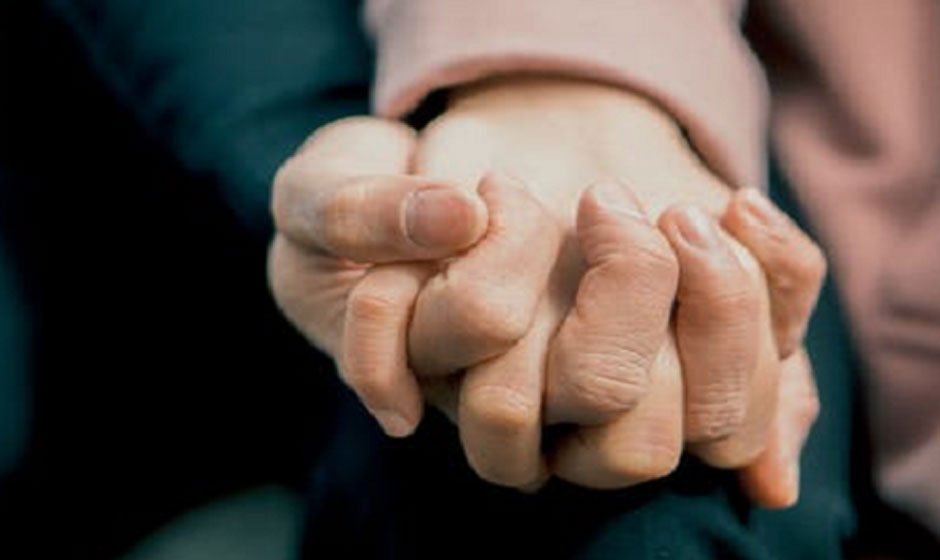Supporting a Loved One After an Accident

A serious accident can have a lasting impact on the life of the victim – and on the people that the victim comes to rely on for emotional and practical support. If you know someone in this position, then you might do what you can to lend your support.
Providing support is something that just about anyone can do – but it’s vital that you do it in the right way, without compromising on your own well-being. Let’s take a look at a few tips.
Help with basic needs
It might be that your loved one struggles to fulfil their basic day-to-day needs, following their accident. Anything you can do to help is sure to be appreciated. Cook meals for them in large batches for easy reheating. Do some basic cleaning and tidying. Pick them up a few items from the shops, and get the laundry sorted.
If you’re one of several people lending support in this way, then talk to one another and work out which tasks are best suited to which people. It might be that your schedule prevents you from dealing with the shopping, but you might be able to turn up in the evening to help with laundry.
Mental Health
A sufficiently serious accident can have an impact on the victim’s mental well-being, as well as their physical health. It can often be very isolating, especially if they’re being prevented from getting around and talking to people as they once did. Make yourself available for an informal chat, ask them about how they’re feeling, and pick up the phone every now and then to check in.
In some cases, more professional support might be required. If you think this might be the case, then be sure to point your loved one in the right direction.
Support
Sometimes, recovery after a serious accident will involve a long-term process of rehabilitation, taken with the support of specialist carers and medical professionals. It might be that you can help your loved one to attend their appointments, and to keep on top of exercise and medication.
If there’s a legal case underway, such as an amputation claim or other medical negligence claim, then you might provide emotional support, while leaving the details to the professionals.
Supporting a loved one following an accident is an intricate process that requires patience, understanding, and emotional fortitude. It’s crucial to remember that healing is not linear; it comes in waves, with both progress and setbacks. Be there for them, offering a listening ear and a comforting presence, and reassuring them that they are not alone in their journey of recovery. Your unwavering support will not only aid in their physical recovery but also help mend their mental and emotional well-being. In this challenging time, your role is more than just a caregiver; you are their pillar of strength, holding their hand through the darkest times and guiding them towards the light at the end of the tunnel. If your loved one needs legal assistance, make sure to consider all options whether it’s the catchy crash call ash slogan or a mom-and-pop office in town.
Look after yourself
Providing care can be a full-time, emotionally draining thing. If you burn yourself out, then you’ll be of limited use to the person you’re trying to support. It’s therefore a good idea to make time for yourself. Structure some personal time for exercise, meditation and general decompression into your day. In the long run, your loved one will benefit!



